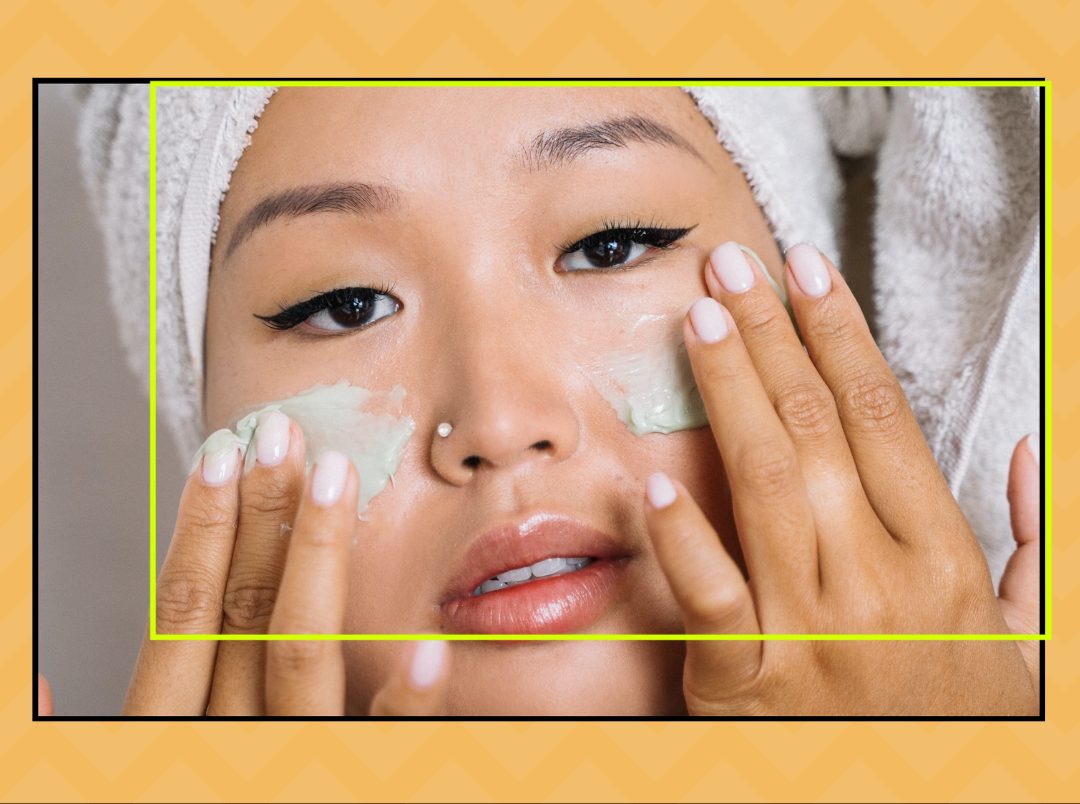
You might’ve heard someone claim that their skincare has stopped working for them. It’s not that bizarre a statement—because, sometimes, it feels like it’s true. It’s not uncommon for us to feel like our products aren’t working for our skin like they once did—that they’ve lost their charm over time. And, come to think of it, this question hasn’t been addressed as much—can our skin develop a tolerance towards products over a period of time? If yes, how does that happen, and why? And, similarly, does our routine, then, need tweaks and adjustments? Let’s find out.
Can Your Skin Develop A Resistance To Skincare Products?
Yes And No—Here’s Why
No—there’s no direct mechanism for your skin to develop resistance to a product. This is how it works: your skin’s receptors, when introduced to a product, take it in, and enable it to perform its function. And that’s how simple it is. But, yes, your skin does acclimate to (grow used to) a product over time; this isn’t the same as developing an immunity to products, and it isn’t a drawback either. This can work as an advantage. Think about how Retinol, notorious for causing rashes, dryness, peeling, and irritation on the skin in the first couple of days, stops triggering you after a while. That’s just your skin adjusting to the product so as to reap its benefits without responding to it negatively. This is true in the case of all retinoids.
Another example demonstrating this phenomenon—when you’re using products that strip your skin of its natural oils, oil-production can go into overdrive to compensate for the lack of oil in the skin-barrier. Once you stop using these products, you’ll find that your skin has become oilier than normal.
There’s One Exception Though
If you’re using topical steroids or antibiotics like erythromycin or clindamycin to treat conditions like eczema or psoriasis, the bacteria on your skin can grow resistant to these treatments over time. This phenomenon is known as tachyphylaxis, and it’s described as a sudden decrease in response to a drug after its administration. Don’t worry, though. This isn’t likely to happen with general skincare.
But Why Do You Notice A Big Improvement Only At The Start?
You might notice that your skin appears the same after a couple of weeks of committing to a product; but that’s not because it has developed an immunity to it. It’s just that the benefits of a product manifest very obviously in the beginning, and though the results are less dramatic after a while, it’s an indication that your skin’s baseline has improved. A Vitamin C-infused product, for instance, might deliver results within days of you employing the formula into your regimen. It might brighten your complexion, and reduce pigmentation almost instantly. But this change will remain constant over time—it’s just that you grow accustomed to seeing a better version of your skin every day, and feel like nothing’s changing or improving at all. It’s all about your perception. Even if the results aren’t obvious, the product is doing its job.
Should You Keep Changing Your Routine?
Yes—your routine might need a couple of adjustments every now and then. This is because factors like hormones, stress, climate, and age play a role in determining how your skin responds to products. Think about it—switching to a Hyaluronic Acid-infused moisturisers during winters is beneficial owing to how dry your skin is at this point of time. Even wearing sunscreen, though non-negotiable during the chillier months as well, becomes more important than ever during summer. Adding Glycolic Acid or Salicylic Acid into your routine right before your period is beneficial too—because this is when oil-production increases, and breakouts happen. These alterations ensure that you’re supplying your skin with the correct nutrients so as to maintain or improve its health and appearance.
What Kind Of Products Can You Stop Using Without Any Side-Effects?
Is it okay to take a break from skincare? Which products can you put a pause on without your skin having a meltdown, and which ones must you stick to? Here’s the deal—you can stop using serums, exfoliators, spot-treatments, and masks without any side-effects or repurcussions. But setting aside products like moisturisers can hurt your skin in the way that there’s no seal or barrier to lock in the rest of the formulas, and continue providing hydration to you throughout the day.
If Your Skincare Isn’t Working, It’s Because…
- Your expectations are unrealistic, and you’re waiting for one product to revolutionise your face completely—which, let’s face it, isn’t going to happen.
- You’re not using products according to your skin-type.
And that was it on this subject.
Featured Image: Pexels